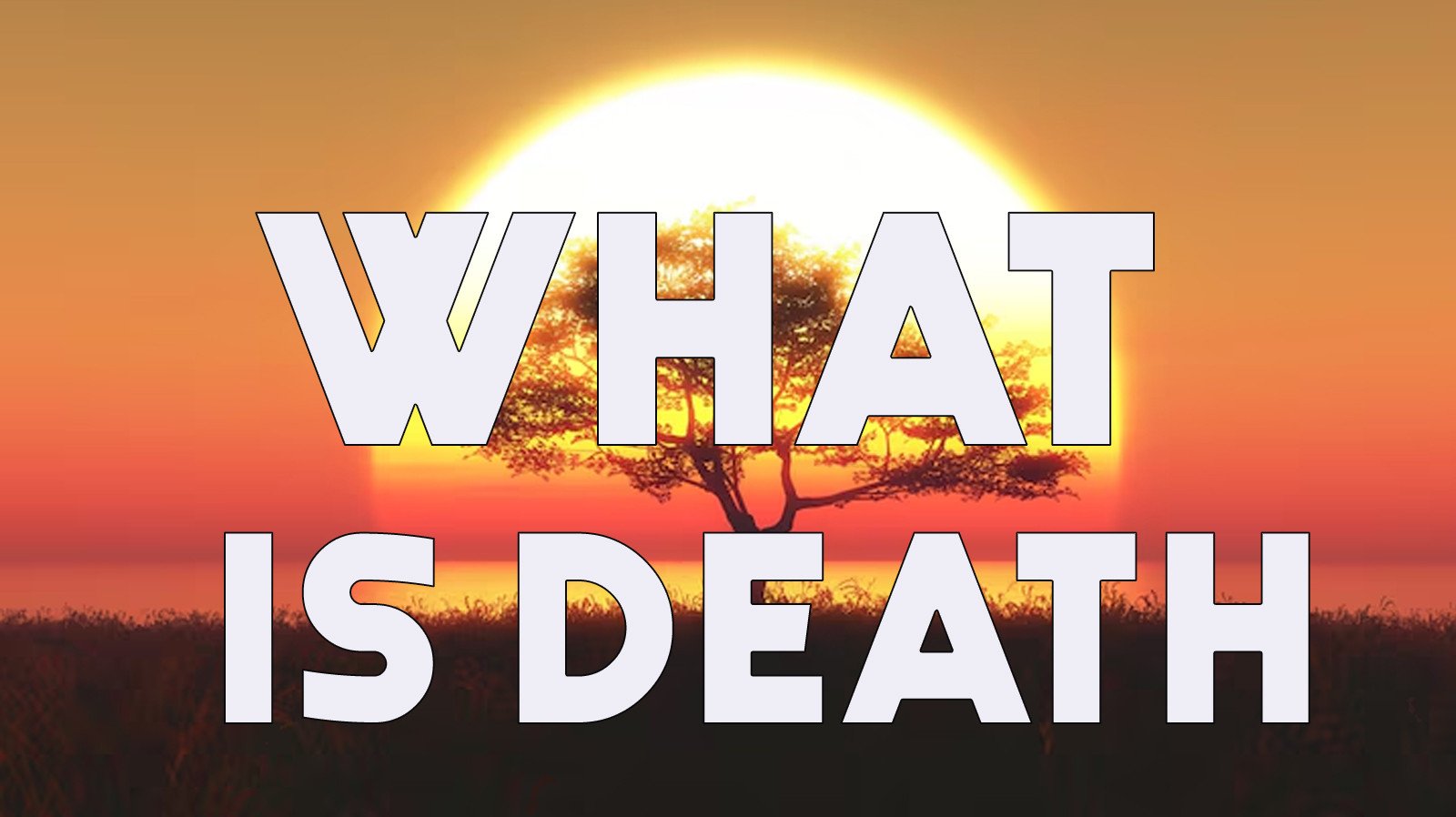Devotionals
WHAT IS DEATH
What is a death? It’s a question people have asked for thousands of years. At first, it seems like a simple answer—death happens when the body stops working. The heart stops beating, the person stops breathing, and their body becomes still. They no longer speak, move or feel anything. In a physical sense, life has ended.
But deep down, most people believe there’s more to death than just that. In many cultures and religions, death is not the end but a change. Some believe the soul leaves the body and continues on—to heaven, to another life or into a peaceful rest. It’s not just something to fear, but something to understand.
The Bible says, “For dust you are, and to dust you shall return” (Genesis 3:19). This reminds us that we all come from the earth and will one day return to it. But it also shows that life is a gift and doesn’t last forever.
In the Qur’an, it says, “Every soul shall taste death. Then to Us will you be returned” (Qur’an 29:57). That verse shows that death isn’t random or meaningless. It’s part of a bigger plan, and one day we return to the One who made us.
For those who believe in reincarnation, like in Hinduism, death is like changing clothes. The Bhagavad Gita says, “As a man puts on new clothes and discards old ones, so the soul takes on new bodies and leaves the old ones behind” (Bhagavad Gita 2:22). That means death is not an end—it’s the beginning of something new.
But even with all this belief and hope, death is still painful. When someone we love dies, it feels like a part of us is missing. We miss their voice, their smile, and the way they made us feel. Grief is real, and it can last a long time. Still, it’s proof that love existed. Jesus said, “Blessed are those who mourn, for they will be comforted” (Matthew 5:4). That means it's okay to cry, and that comfort will come.
Death also teaches us to live better. It makes us think about how we spend our time and who we spend it with. It reminds us to forgive, to love deeply, and not to waste our days. Psalm 90:12 says, “Teach us to number our days, that we may gain a heart of wisdom.” In other words, remembering that life is short helps us become wiser people.
Some people believe death is not the final chapter. The Roman philosopher Seneca once wrote, “The day we fear as our last is but the birthday of eternity.” That thought gives comfort to many—the idea that something beautiful may be waiting on the other side.
So, what is a death? It’s the end of life on earth, but maybe the beginning of something greater. It’s sad, but it can also be meaningful. It breaks our hearts, but it also opens them. And above all, it reminds us to live, love, and be grateful—while we still have the chance.
Donate us to achive our goal
that they cannot foresee.

